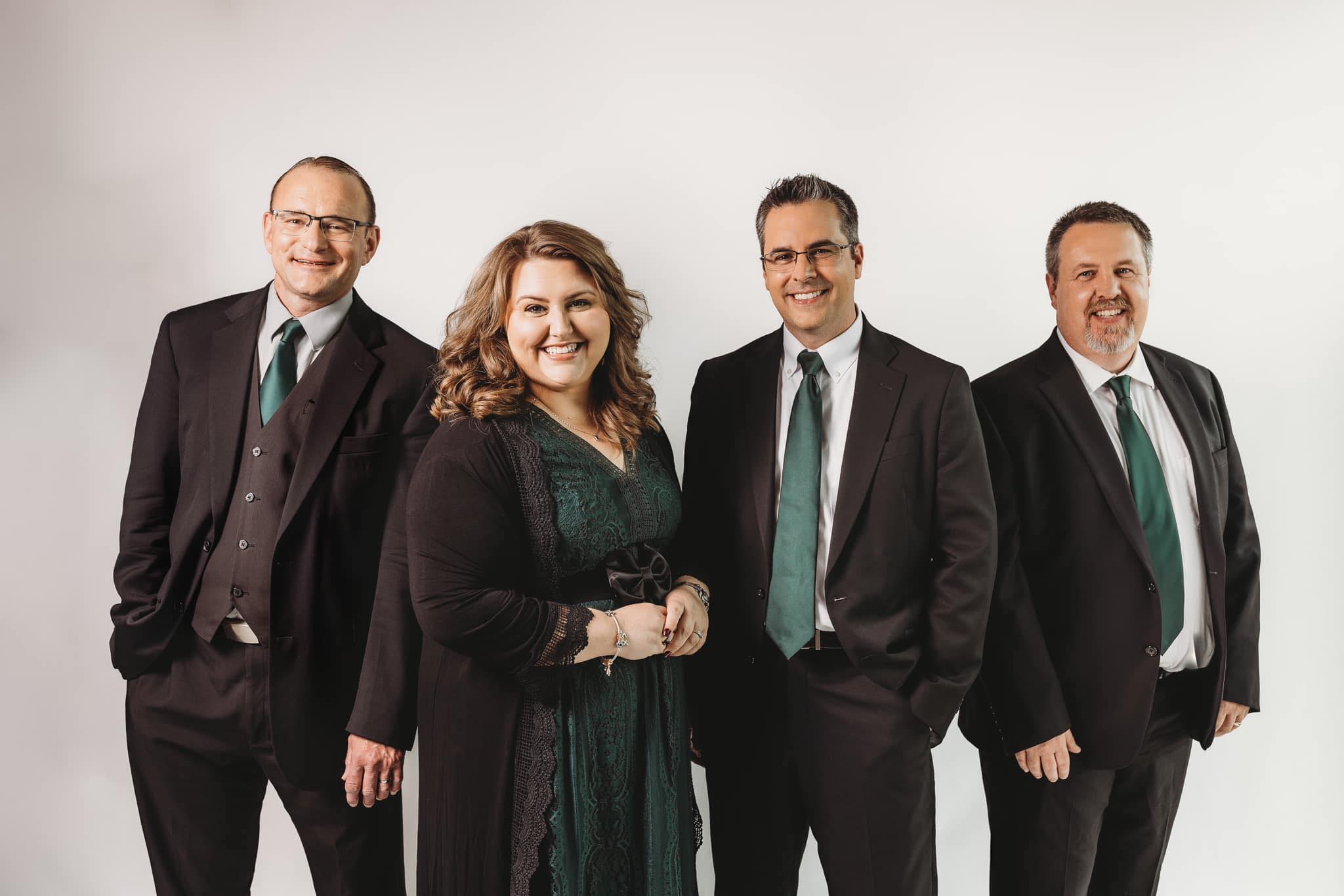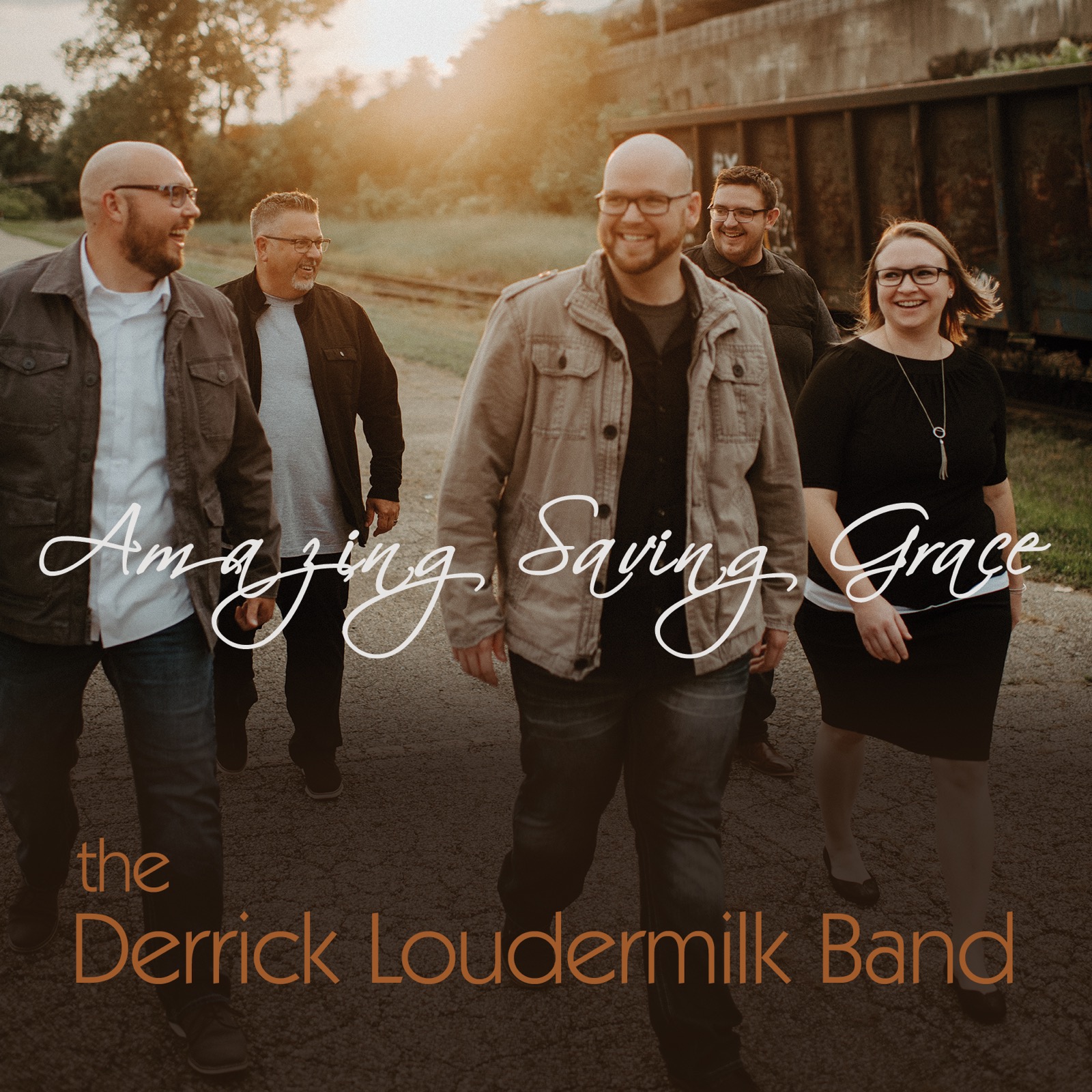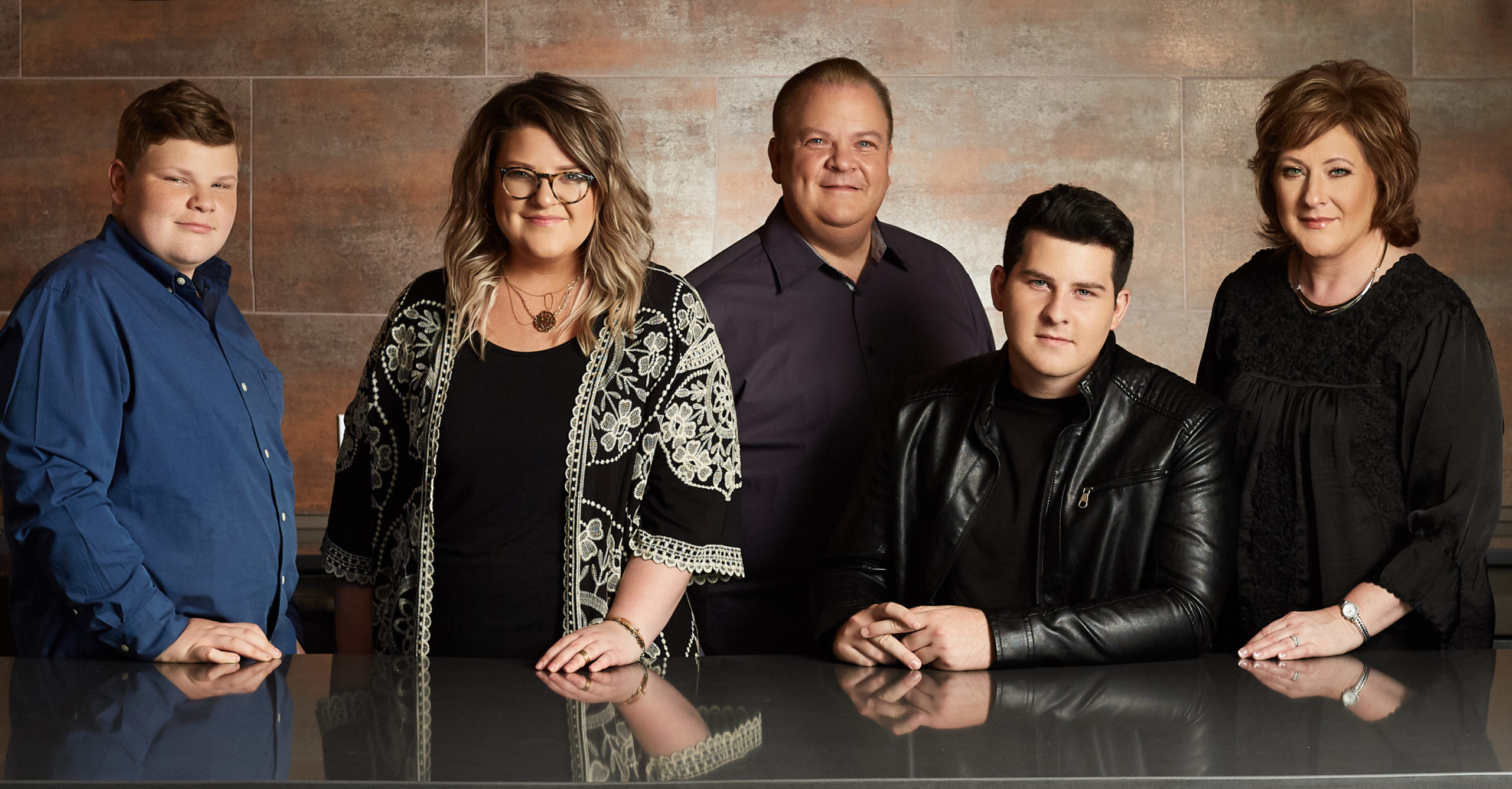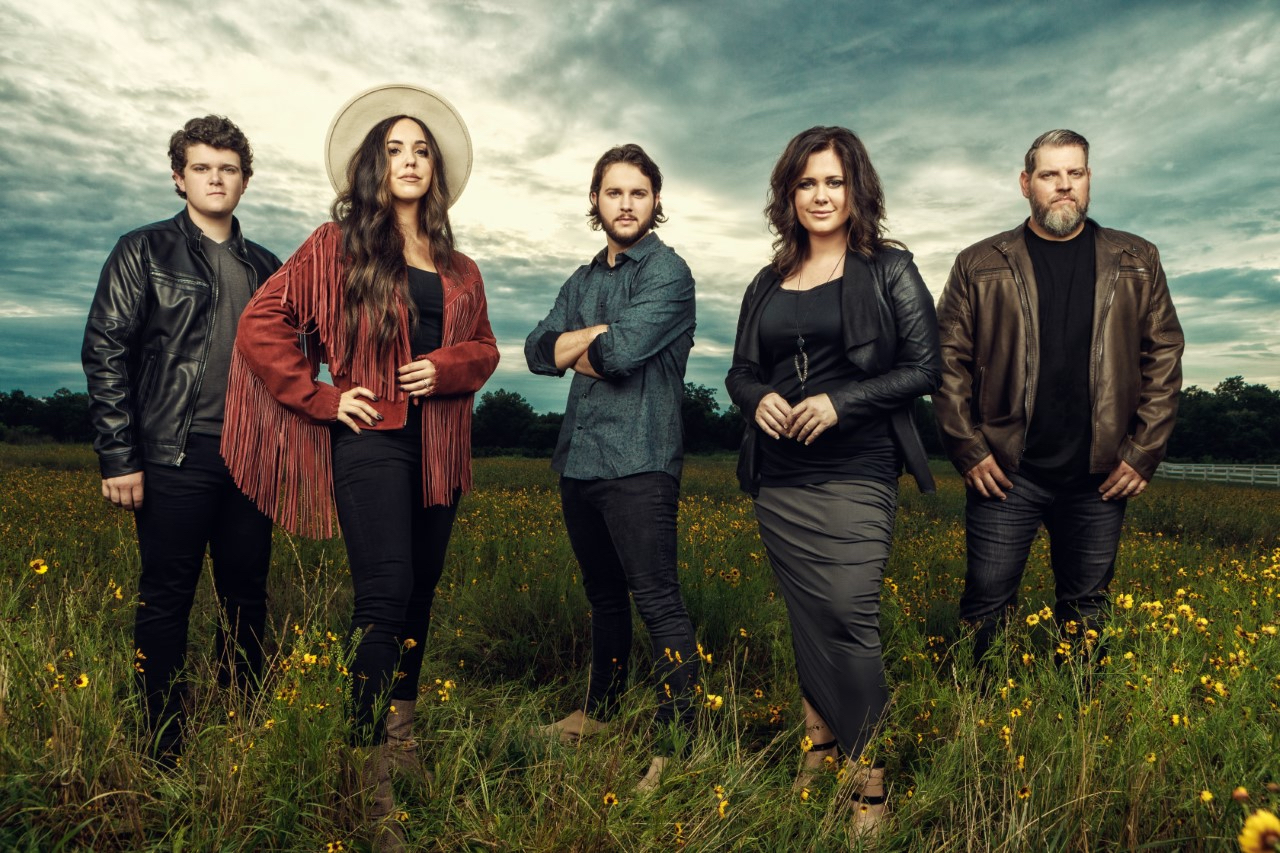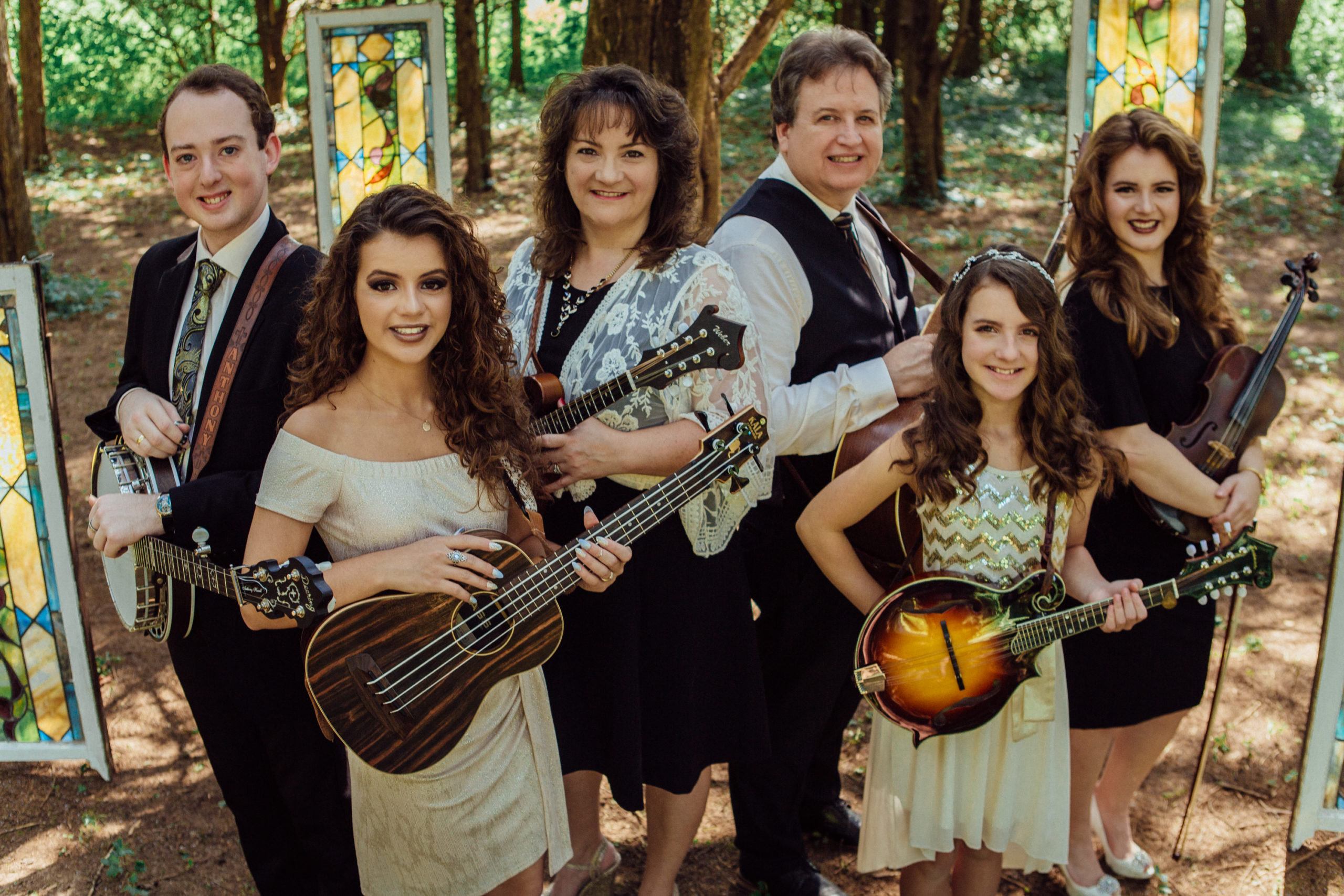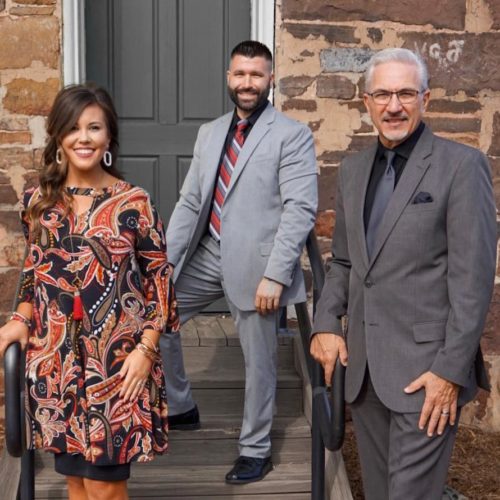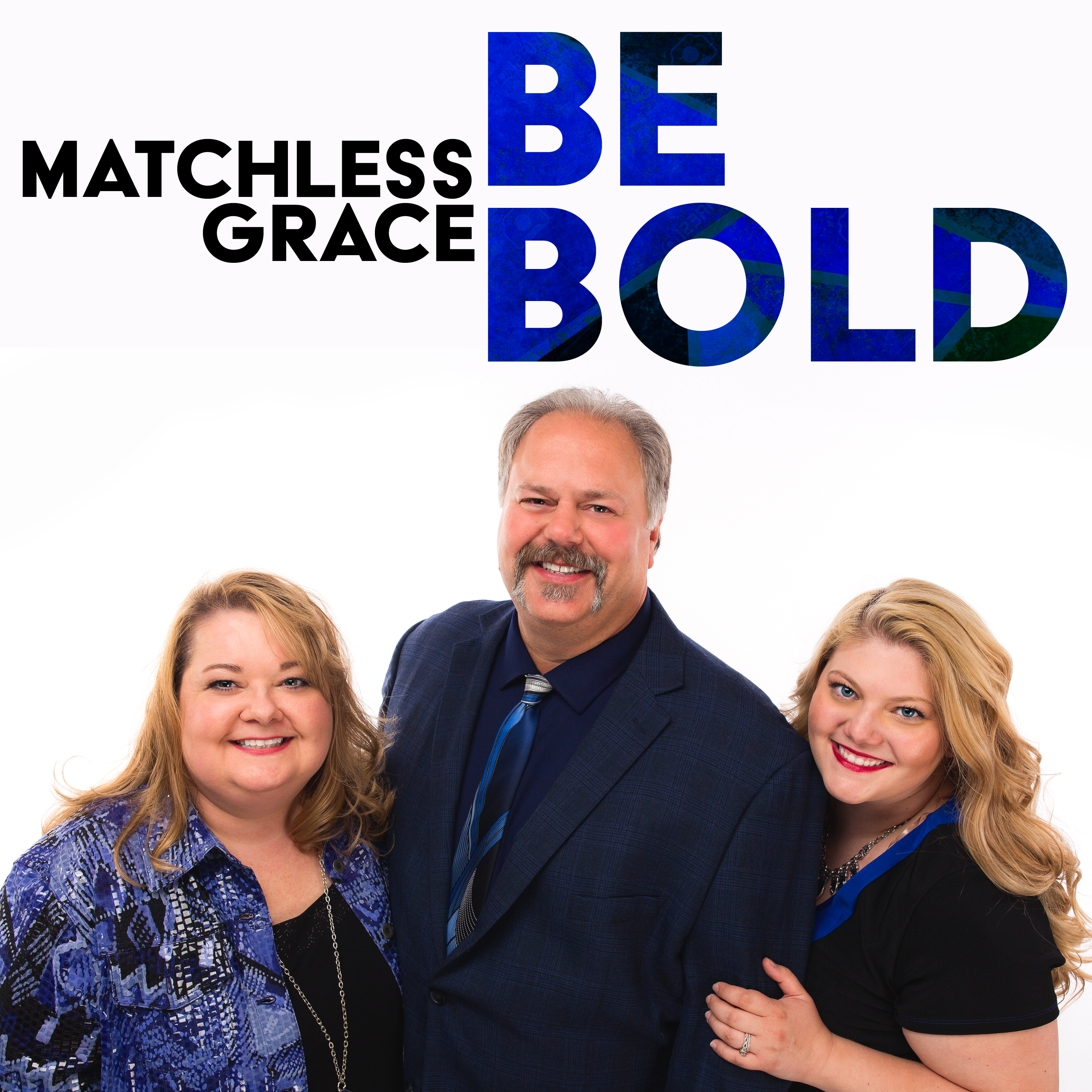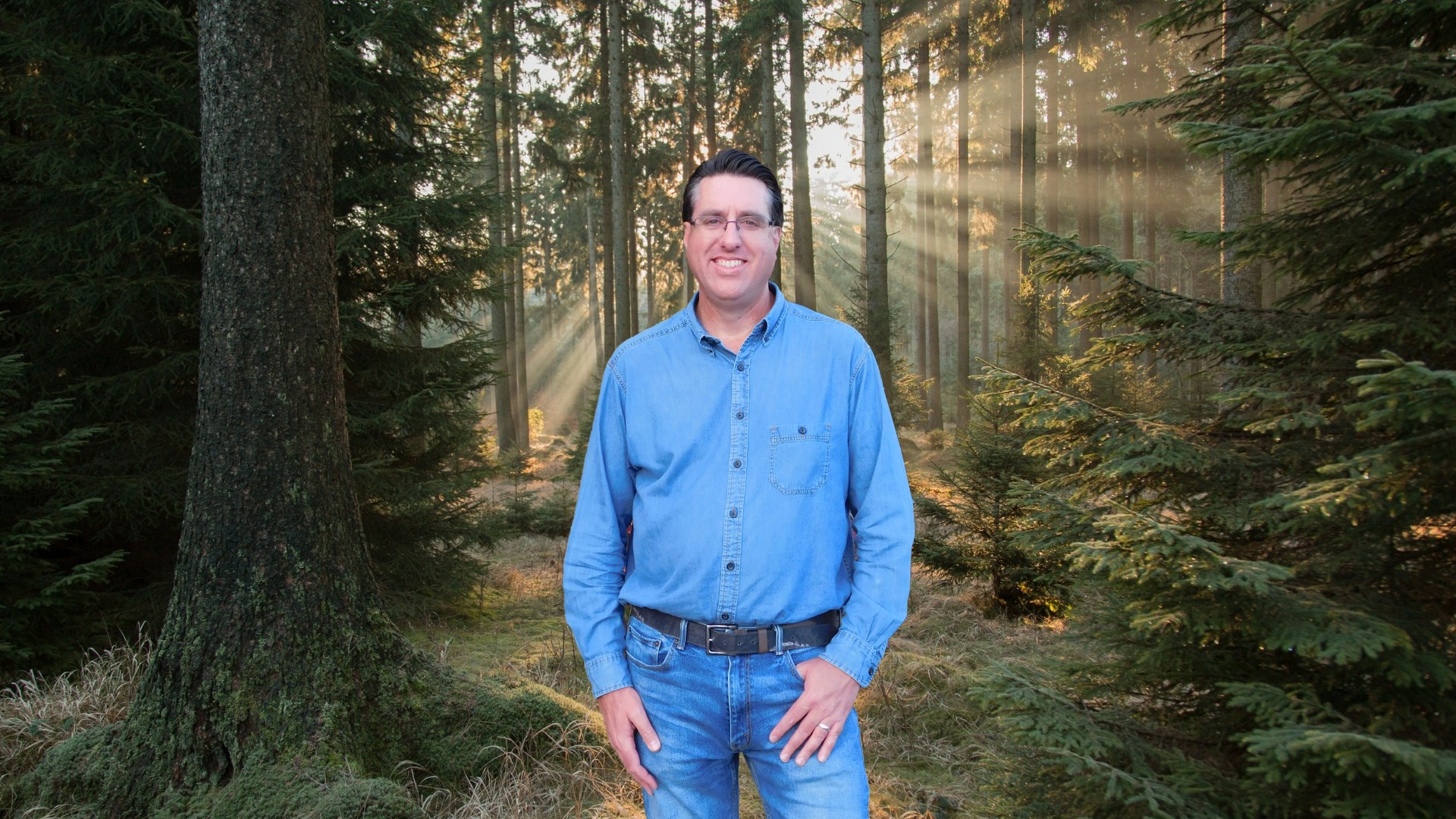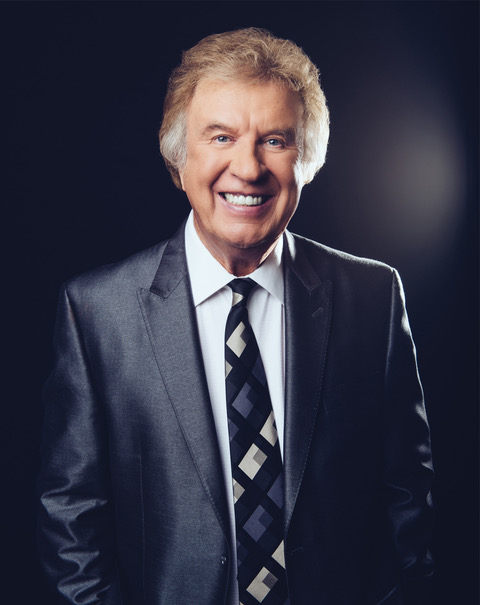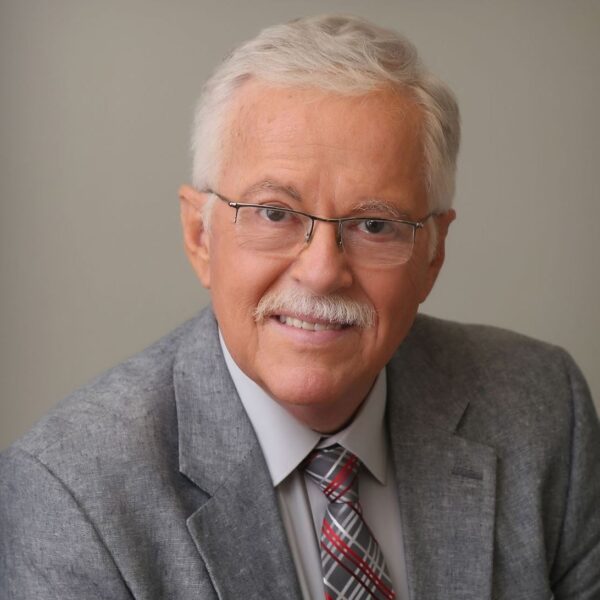Southern Gospel Music: Artistry vs. Variety Show
When I was originally asked to write a monthly article, the good folks at SGN Scoops wanted me to write about issues that I think artists and industry leaders need to address. This is a biggie that I’ve wanted to address for a while. My roots are in this music, but through the years, I’ve been fortunate and blessed to step outside of Gospel music and work with some of the biggest names in secular music. I’ve been very blessed to have so many artists from so many genres record music I have written. I’ve been produced by Michael Jackson’s producer, worked with some of the best in Country music, and been able to produce singers that influenced me as young artist.
I’m not telling you all of this to brag about my accomplishments. I want you to know that what I am going to talk about in this article is something that my experience qualifies me to talk about. What I am about to say is not just my opinion; it is truth.
For years, Southern Gospel music has fought for its place as a genre in the world of music. I’ve seen the frustration within the industry as Southern Gospel was snubbed by major awards shows such as the Grammys and even the Dove Awards. I have talked to artists in Southern Gospel, who for the first time in their career are struggling to get quality dates and sell enough product to warrant a record company’s involvement. I’ve seen the artists try to evaluate the problem and the focus or blame always seems to be on anyone and everyone except themselves. The churches only want praise and worship music, the record company didn’t get their song high enough on the charts, and the fans don’t seem to care if the music is good or not. I’m going to focus on what the groups, singers and industry leaders need to take a hard look at. I believe the content of this article is a critical part of the Southern Gospel music survival kit. I really hope you can handle the truth!
If you’ve ever been to Branson, MO, or Pigeon Forge, TN, you will see a city full of theaters that offer variety shows of all kinds. Billboards line the main highways and they all have one thing in common. They are all covered with people that you’ve never heard of. In fact, any one of those singers may be seated next to you at a restaurant, and you would not know who they are. The only thing that might make you recognize them would be if they have their shiny, over the top stage costume on that no ordinary person would ever wear.
I worked in Branson for a year, and it was enough to make me realize that if I stayed there, I would lose any identity I had as an artist because the only kind of entertainment that Branson seemed to offer were variety shows. In a variety show, you have your comedian, your slapstick humor that seems to work with any crowd, and music that they know will work because most of it has been a hit for an artist, past or present.
A variety show, while entertaining at times, is NOT a musical genre. It’s a show that is filled with humor, themes and music that has been proven to work in front of most any crowd. Because of the guaranteed reaction of the proven material, the talent level becomes less important and there is absolutely no room for any kind of individual artistry.
Branson and Pigeon Forge are not popular towns for songwriters, because none of those theaters will take a chance performing a new song that hasn’t been proven to work over and over again. Artistry and creativity is not a necessity for a variety show. Variety shows are most popular with older crowds because most seniors don’t listen to the radio, and they don’t really care who they are listening to as long as they hear and see a show that makes them laugh and enjoy themselves. This is the demographic of Branson, MO and Pigeon Forge, TN. While you may hear some great singing in these destinations, you will rarely see an original artist.
Let me give you a real life example of what I’m talking about. This is something I experienced first-hand. I was singing with a group called Priority. They had been the host gospel quartet at the popular Silver Dollar City theme park for two years. They had developed a show that worked, but they understood that they had buried any and all creativity as an artist to do what they were doing. They did it because it was safe. Each singer was paid directly from the park and there was no risk. We did a show that the people loved. In fact, during the one year I was there, we performed in front of a million people.
Record companies and management firms in Nashville work hard to get their acts in front of a million people, but exposure means nothing if that audience only sees what they can see anywhere. We did all the things that would get an immediate crowd response, whether it was an old hymn, or a joke that they’d heard a million times and still laughed at. We played it safe. To those million people, we were just one of a hundred groups in Branson that did, “Just A Little Talk with Jesus,†and “Amazing Grace.†The individual singer or the group as a whole was a nameless, faceless entity, known as a variety show. Priority was made up of really talented guys, and they knew they wanted out of the variety show business, and that is one reason they hired me. They wanted a sound and songs that would bring them back as an artist.
During our time at the park, I wrote a song called, “Every Knee Shall Bow.†We decided to stage it in our sets. It went over like a lead balloon. Was it because the song wasn’t any good? I don’t think so, because later, that song would be nominated for a Grammy Award by a popular artist. The simple truth was that in a variety show setting, there is no room for artistry or originality.
The variety show crowd wants something predictable, something they know will work and so that is what the singers give them. Do they get the laughs, the applause, even the standing ovations? Yes! In that moment they have gotten everything on the surface that appears to be success, but what they’ve lost is something far greater than anything they’ve gained. If they are a true artist, they have sold out to what they know will work in the moment.
My friend, that is where we appear to be in Southern Gospel music. I scroll through my Facebook and Twitter walls and see videos posted from the most unknown to the most well-known gospel groups and I hear the same songs, done the same way by all of them. I have even watched some groups break out the straw hats and bring the variety show to the pulpits. If you’re a gospel group and you think I’m picking on you, please don’t get mad. Stop and really evaluate what you are doing and weigh it against what I’m saying. We are losing our identity and credibility in the world of music. Remember, a variety show is not a genre.
I feel like I am stating the obvious, but someone needs to say it. If you claim to be an artist, with originality and the ability to create an identified sound that is worth hearing, please bring that to the forefront. I’m not saying that there is not a place for the hymns and music that pay tribute to the past, but if the past is the majority of your presentation, you may be crossing the line from being an artist to a variety show. If you are an artist, create something original that forges a path ahead. If you are a songwriter, don’t write music with the intent of making it sound like something else. Create something we’ve never heard. Be original! Be an artist!
I remember watching the Hinsons, The Cathedrals and several other groups back in the day, record and stage music that was stylistically out of the box for them, but they made their fans like it. That’s what we desperately need today to help secure our legitimacy as a genre of music.
I can remember when the difference between being amateur and being professional was the ability to be original. We don’t need another cover band to record a never-ending series of songs that worked for someone else. We need artistry and originality. I would challenge the most unknown to the most popular gospel groups to really analyze your concerts. Look closely at what your next recording will be and weigh it all on the scale of artistry vs. variety show.
When I work with singers and songwriters, I’m not nearly interested in seeing if they can hit one note higher, as I am helping them create a sound that will quickly identify them as unique and original. When I’m writing a song, I’m not nearly as interested in a snappy little ditty that will get a three minute spot on radio as I am in writing a lyric that will open the eyes of the listener to the truth it proclaims.
I am drawing a hard line between a variety show and an artist. I may be a voice crying in the wilderness, but I know what I am and which side of the line I am on. Who will join me?
David Staton


